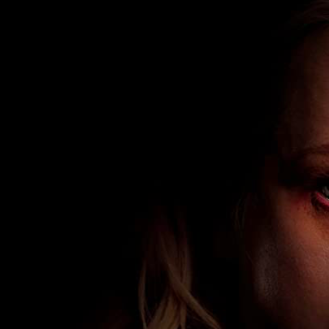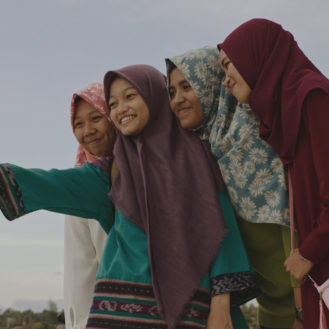Valerian and the City of a Thousand Planets is an astonishing film. Visually, it could even be described as a masterpiece. Unfortunately, a formulaic third act and a lack of chemistry between the two leads sink one of the most promising films of the year.
A sci-fi adventure set in a future where Earth has made contact with thousands of other planets and the life-forms that inhabit them, Valerian follows government agent Valerian, played by Dane DeHaan (Two Lovers and a Bear, A Cure for Wellness), and his partner Laureline (Cara Delevingne of Suicide Squad) as their mission to obtain a creature – the last of its species – is complicated by a mysterious contamination at the center of Alpha, a space-metropolis home to representatives from all corners of the galaxy. Directed by Luc Besson (The Fifth Element, Leon: The Professional, Lucy) and adapted from the French comic series Valerian and Laureline by artist Jean- Claude Mézières and writer Pierre Christin, Valerian and the City of a Thousand Planets also features performances by Clive Owen, Ethan Hawke, and pop star Rhianna (as a shapeshifting entertainer named Bubbles).
Though there is much to be frustrated by later, the first half hour of Valerian dazzles: a wonderfully vivid world, gorgeous musical score, and a delightfully bizarre array of aliens. It is a colourful, imaginative, often disorienting odyssey. Arguably, the strongest moments of the film are the opening credits when the audience is caught up to speed on humanity’s achievements in space travel and the connections they have made with different alien species. The montage is wonderfully paced, visually compelling, and successfully draws the audience into the universe.
With a runtime of well over two hours, however, Valerian begins to overstay its welcome. The overly obvious dialogue crosses the threshold from annoying to cringe-worthy, and even the spectacular set pieces – which begin to feel like the film’s only saving grace – edge dangerously close to self-indulgence.
There is also little life or emotion to be found in the central protagonists. The lack of chemistry between DeHaan and Delevingne makes the love interest subplot seem forced. This wouldn’t be as large an issue if the characters were developed in other ways – but they’re not. Delevingne’s character is given few characteristics beyond her ability to fight and her insistence that Valerian give up his womanizing ways and commit to her. DeHaan’s Valerian if fine, if forgettable, for the first half of the film but as the plot itself becomes predictable and formulaic, so too does his performance. The character remains little more than an empty shell of an archetypical hero.
I wanted to love this film. DeHaan gave an impressive performance in last year’s magic-realist indie Two Lovers and a Bear and Besson’s writing and directing resume is impressive, to say the least. There was so much here that could have worked brilliantly. Instead, Valerian feels like it has phoned it in – opting to get by on visual effects at the expense of character and heart.
**********
Do You Tweet? Follow:
Shannon Page: @ShannonEvePage





Be the first to comment